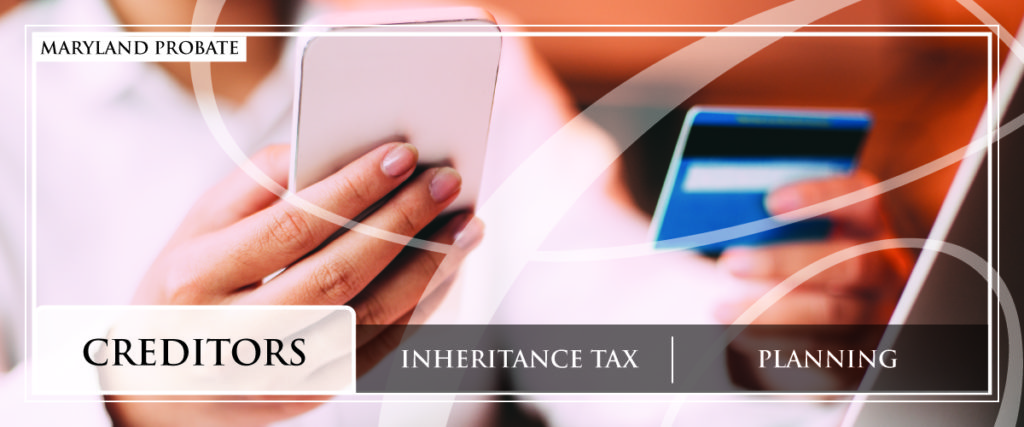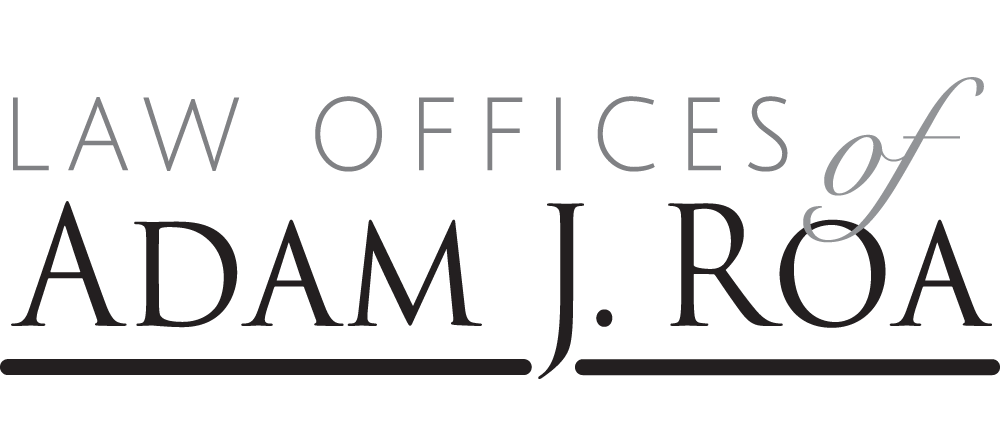Probate Creditors

Creditors are one of the more complicated parts of the Maryland probate process.
One of the core functions of a personal representative is to determine if there are creditors for the estate. Making a mistake regarding creditors is one of the few ways that a personal representative can be held personally responsible for a mistake made in probate administration.
Probate Creditors?
Questions that we are often asked include:
- How does the personal representative become aware of the various creditors?
- Should the personal representative contact the creditors or potential creditors?
- When should the personal representative contact the creditors?
- Will the creditors sue the personal representative for not paying them?
- What happens if there are not enough funds in the estate to pay all of the creditors?
Disputing a Probate Creditor Claim
Another common issue is if the personal representative wants to dispute a creditor claim. There is a formal procedure for disputing creditor claims that needs to be strictly processed.
Tax Responsibilities for Probate
Taxes are another common issue. The personal representative has the responsibility to pay the decedent’s final income tax return. The personal representative also has the responsibility to pay the estate income tax return, as well as any federal and Maryland estate tax and any Maryland inheritance tax obligations.
Rely on Our Expertise to Handle Probate Creditors
During our initial consultation with a family going through the probate process, we focus on creditors. We identify the creditors, provide insight into how to collect the needed creditor information, and help address the issue of fighting possible creditor claims.
After the personal representative is appointed and our firm becomes that personal representative’s attorney, our firm—and not the personal representative—becomes the focus for all would-be creditors.


